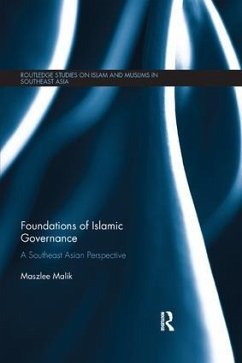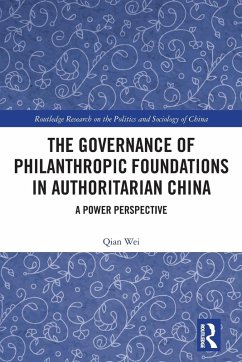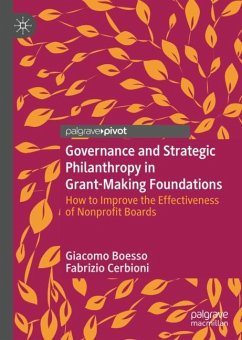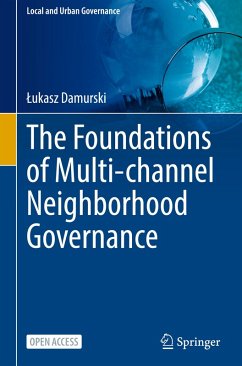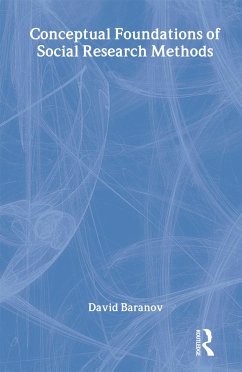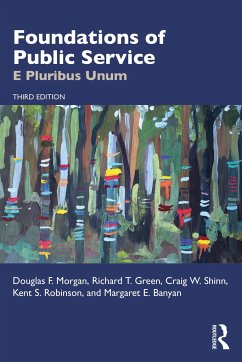
Foundations of Islamic Governance
A Southeast Asian Perspective
Versandkostenfrei!
Versandfertig in 1-2 Wochen
218,99 €
inkl. MwSt.
Weitere Ausgaben:

PAYBACK Punkte
109 °P sammeln!
Islam can contribute towards the development of societies by establishing a unique model of governance from its explicit ontological worldview through a directed descriptive epistemology. The research on governance in this study does not only focus on the positivistic materialist components such as institutions or mechanisms or growth per se, but it encompasses the value-laden holistic nature of human life in accordance with the Islamic worldview as an important contribution. In doing so, it formulates 'good governance' in Islam in relation to the conceptualized 'ihsani social capital', which ...
Islam can contribute towards the development of societies by establishing a unique model of governance from its explicit ontological worldview through a directed descriptive epistemology. The research on governance in this study does not only focus on the positivistic materialist components such as institutions or mechanisms or growth per se, but it encompasses the value-laden holistic nature of human life in accordance with the Islamic worldview as an important contribution. In doing so, it formulates 'good governance' in Islam in relation to the conceptualized 'ihsani social capital', which constitutes the main thrust of the constructed model.





